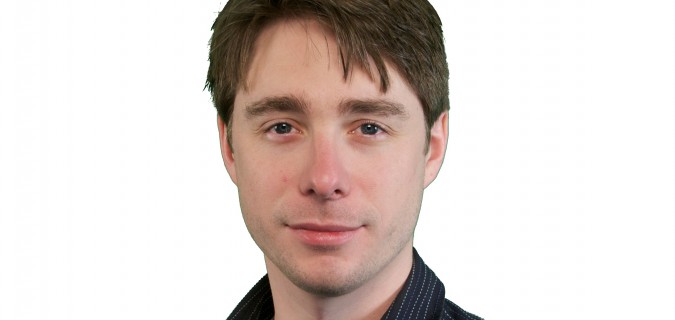Ian Clarke is a Computer Scientist and Entrepreneur, with a track record of both technical and business innovation, and an outspoken thinker and activist on issues relating to freedom of speech, intellectual property law, and technology. Ian is best known as the founder and coordinator of the Freenet Project; designed to allow true freedom of communication. Check out OneSpot or follow him @sanity.
Who is your hero?
Richard Feynman.
What’s the single best piece of business advice that helped shape who you are as an entrepreneur today, and why?
Question assumptions; don’t blindly follow dogma just because everyone else is doing it. Don’t be afraid to rock the boat.
What’s the biggest mistake you ever made in your business, and what did you learn from it that others can learn from too?
Whenever things have gone wrong, part of it always seems to be that I substituted someone else’s judgement for my own, or failed to ask the hard questions. Conventional wisdom is often wrong, and people have a tendency to establish orthodoxies which they then blindly follow — whether it’s the latest management fad, or that new technology that everyone thinks is great. Try to identify and challenge those.
What do you do during the first hour of your business day and why?
We get our entire company onto a call and let everyone speak briefly about what they are doing today, what they’re excited about and what challenges they have. While it won’t scale up as we grow, at our current stage of growth it is a great way to keep everyone on the same page.
What’s your best financial or cash-flow related tip for entrepreneurs just getting started?
If you have raised capital and are cash-flow negative, always be acutely aware of when you are projected to run out of cash, and plan accordingly. Assume that fundraising will take twice as long as everyone tells you it will. Don’t let the amount of money you’ve raised dictate your burn rate, let the business needs dictate burn rate — and then let that dictate how much money you raise.
Quick: What’s ONE thing you recommend ALL aspiring or current entrepreneurs do right now to take their biz to the next level?
Write down the assumptions behind your business, such as “People will want to buy the widget we’re building” or “We can build a better X than competitor Y, sufficient to get their customers to switch.” Then, for each of these assumptions, ask what the evidence is that supports them. If possible, go out and try to find evidence, even evidence against the assumption (in fact, ESPECIALLY evidence against the assumption).













